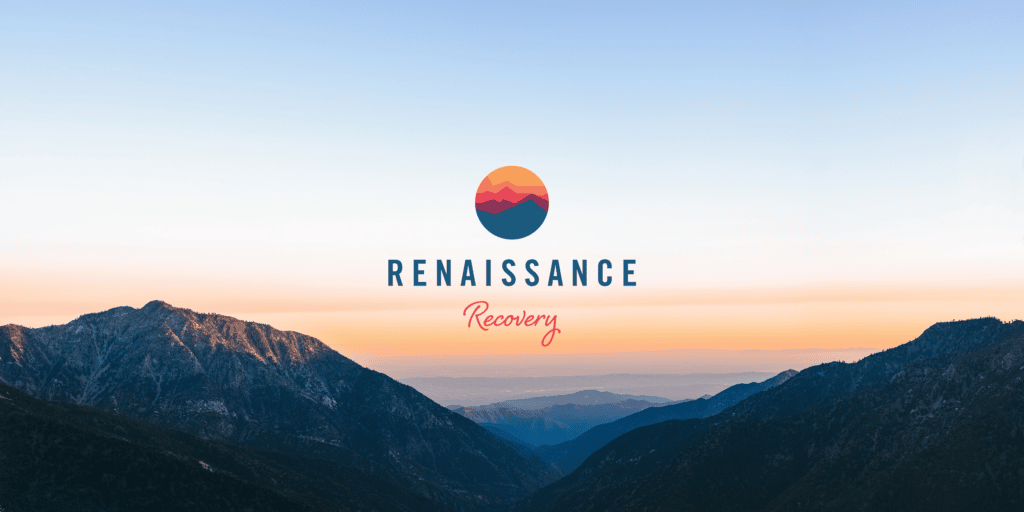Though there are a number of professions that come with high rates of drug abuse and addiction, some of the highest-risk jobs or industries include:
Health Care Professionals.
With easy access to prescription painkillers, benzodiazepines, and a number of drugs used for anesthesia, it can be difficult to withstand the temptation to use these drugs if addiction is an issue. Nurses, doctors, anesthesiologists, and pharmacists all have a high risk of drug abuse. It is estimated that between 10 and 15 percent of all medical professionals will abuse or misuse drugs at one point or another during their career.
Need help getting addiction treatment?
Sales
We’re not sure if this is a cultural issue, given that sales professional are often Type A personalities, but since depression and substance abuse are common problems in the sales profession, it could be simply the pressure and unsteady pay of this job that causes stress which can lead to addiction. It could also be the pressure of traveling as part of the job, which can be difficult for those with families. Whatever the cause, when depression is also an issue, the risk of developing a substance abuse problem is higher.
Farming, Forestry, and Fishing
Isolation is likely a key part of the issue in these professions as well as long periods away from family. Repetitious tasks may also contribute to the substance abuse problem. Like in sales, depression is a common issue in these professions as well.
Lawyers
Not surprisingly, with much at stake, some lawyers turn to substances to cope with the rigors of this high-stakes career.
Law Enforcement
Police officers, correctional officers, and other law enforcement personnel are also in high-risk professions in terms of drug and alcohol abuse. The difficulties associated with the work can often mean issues with depression as well. Restaurants. “Hazardous drinking patterns” were identified in as many as 80 percent of male restaurant workers and 64 percent of females in the restaurant industry, according to a study published in the American Journal of Drug and Alcohol Abuse.
If you or a loved one is struggling with substance abuse, it is important find a rehab program or sober living facility that can help you.

Doctors and Health Care Professionals
An estimated 10 percent of health care professionals abuse drugs — about the same rate as the general public. Studies suggest that doctors are more likely to misuse prescription drugs than their patients, making this one of the most common links between jobs and addiction.
Most doctors don’t abuse drugs for the fun of it, though. The most common reasons physicians use prescription drugs are to manage physical pain, emotional distress and stressful situations. Different types of doctors are more likely to abuse different types of drugs. A 1999 study published in the Journal of Addictive Diseases compared drug use by health care professions, finding psychiatrists and emergency room doctors used drugs the most. Surgeons used drugs the least. More recently, a 2012 study of American surgeons published in JAMA Surgery found 15.4 percent suffered from an alcohol use disorder. Female surgeons (25.6 percent) were more likely than male surgeons (13.9 percent) to exhibit symptoms of alcohol addiction. The consequences of the alcohol problems were frightening. Surgeons who reported feeling burned out or depressed were the most likely to have an alcohol use disorder, as were surgeons who reported making a major medical error within the previous three months.
Attorneys and Lawyers
Young lawyers face an enormous amount of stress, large debt payments and a shrinking market for entry-level jobs coming out of college. That may be why about 29 percent of lawyers in their first decade of practice report problematic drinking behavior. Comparatively, 21 percent of attorneys in their second decade of practice suffer from alcohol use disorders.
Problematic drinking often begins during law school, but 44 percent of lawyers with alcoholism report drinking problematically for the first time during their first 15 years of practice. Lawyers in law firms abuse alcohol at the highest rate, and junior associates have the highest rate of problematic drinking behavior. The statistics come from a 2014 joint study conducted by the American Bar Association and the Hazelden Betty Ford Foundation. Still others turn to drug abuse and addiction.
Drug Use in Arts, Entertainment, and Recreation
The category of arts, entertainment and recreation comprises amusement parks, gambling facilities, performing arts centers, musical groups, spectator sports, museums, theaters and historical sites. Employees include entertainers, athletes and promotional agents or managers. The line of work ranks second in past-month illicit drug use, third in past-year substance use disorder rates and fourth in heavy alcohol use. In the entertainment industry, drug abuse and addiction has been rampant for decades. Whether it’s because of narcissism, mild mental illness, stresses of the job, the never ending quest to be adored or whatever, it’s inconsequential – it’s still widespread, it’s still a problem and too many people in the industry turn a blind eye to it.
Drug Use among Construction Workers
Employees in the construction industry build residential and nonresidential buildings, infrastructure and utility systems. They may also work in civil engineering or for equipment providers. Laborers may produce new work, provide maintenance or make repairs. Obviously, this is not the industry where one should be anything less than 100% of their mental capacity while working. Drug abuse and addiction in this industry can be fatal. The industry is second to mining for rates of heavy alcohol consumption and fourth in rates of illicit drug use. Construction is also second in the percentage of employees who suffer from substance use disorders. Given that this industry is often short of skilled labor, employers are often lax on testing or turn a blind eye to the issues with an employee until it’s too late.

Finding Help for Drug Abuse and Addiction
If you suspect a loved one is struggling with or teetering on addiction, it’s best to seek help early, call Renaissance Recovery today at 866.330.9449.
As you can see, jobs and addiction knows no boundaries – rich, poor, white collar, blue collar – it doesn’t matter. The simple fact is that we are all human but we are not all wired the same and some of use need help with managing stress. Some deal with it naturally, others turn to substances. Workers can find help for recovery from substance use disorders through common workplace benefits. Many employers provide employee assistance programs, also called EAPs. The programs provide free assessments, short-term counseling, and referral services for an array of personal issues, including substance abuse. Additionally, the Affordable Care Act requires insurance providers to provide coverage for mental health and substance use disorders as an essential benefit. Treatment may require time off from work, but the consequences of avoiding treatment can be costly.



